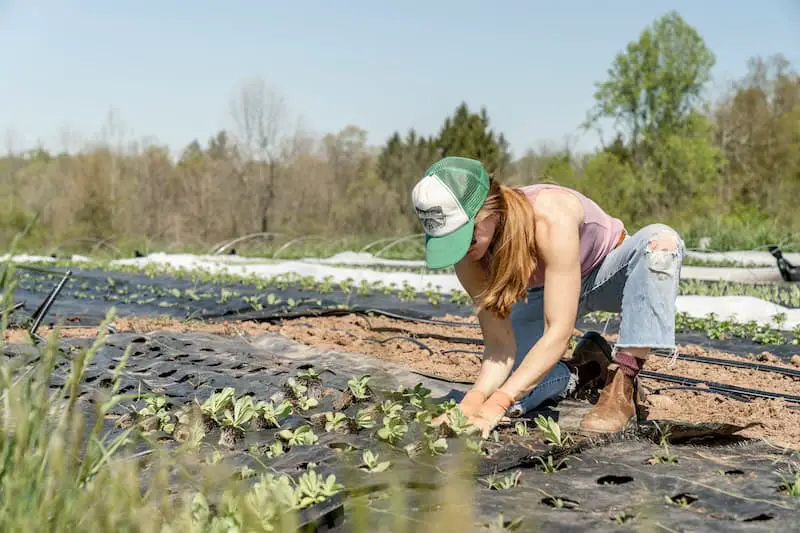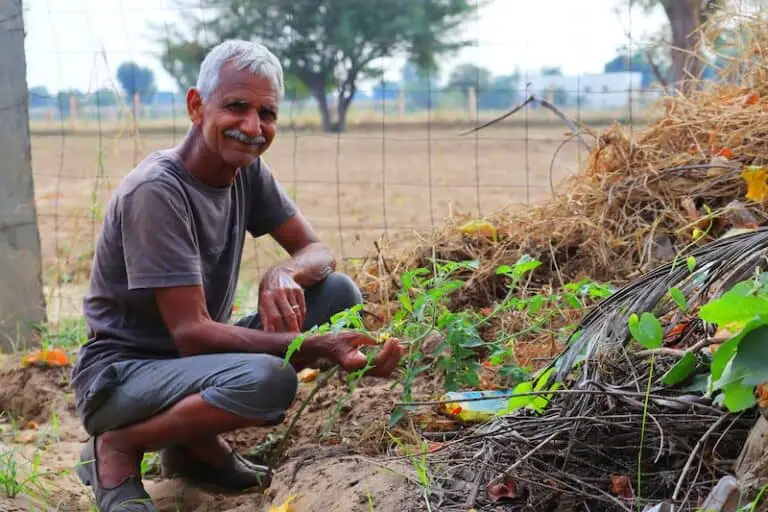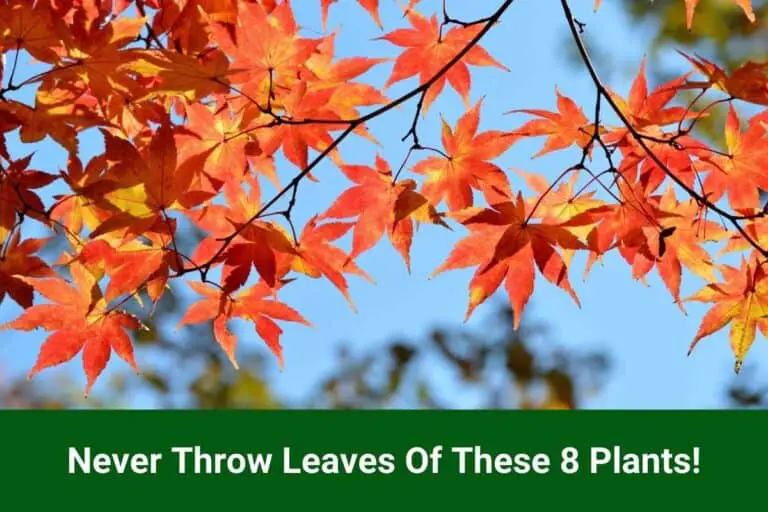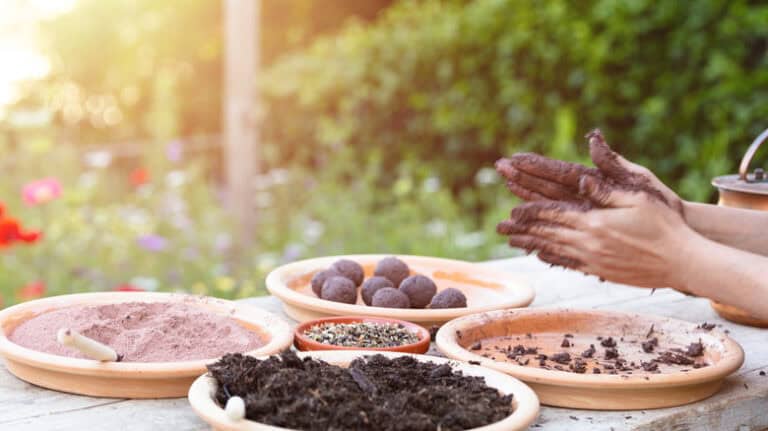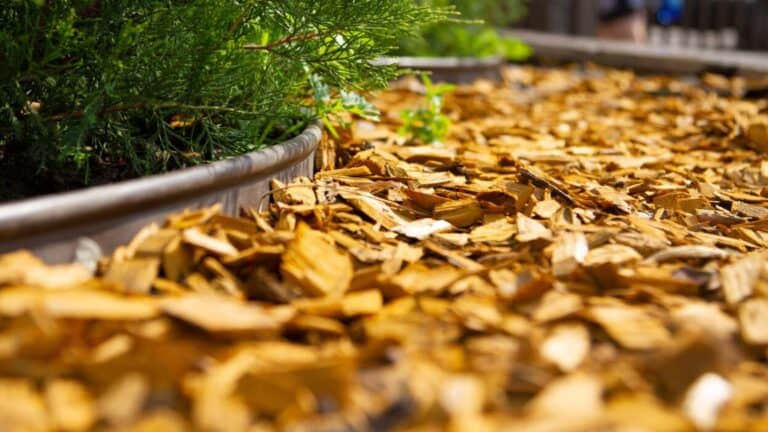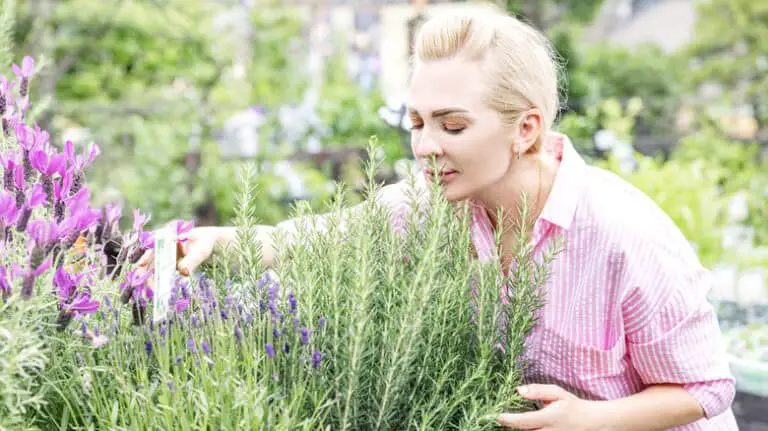12 Time-Wasting Garden Tasks You Can Stop Doing Right Now
Gardening can be a fulfilling and therapeutic activity, but not all tasks are essential. Some garden chores, while seemingly beneficial, can be counterproductive or simply unnecessary. Here are twelve time-wasting garden activities you can skip, saving you time and effort while still maintaining a beautiful and healthy garden.
1. Daily Watering
Watering your garden daily might seem like a good practice, but it’s usually unnecessary and can even harm your plants. Overwatering can lead to root rot, fungal diseases, and other problems. Most plants benefit more from deep, infrequent watering, which encourages roots to grow deeper into the soil, making them more drought-resistant.
Instead, water your garden once or twice a week, providing a deep soak each time. This method ensures that water reaches the deeper root zones. Using mulch can also help retain moisture in the soil, reducing the need for frequent watering. Additionally, watering in the early morning or late evening minimizes evaporation and maximizes water absorption.
2. Frequent Lawn Mowing
Mowing your lawn too often is another time-consuming task that offers little benefit. Frequent mowing can stress your grass, making it more susceptible to pests and diseases. Additionally, it removes beneficial grass clippings that can act as a natural fertilizer.
A better approach is to mow your lawn less frequently, allowing the grass to grow a bit longer. This promotes a healthier root system and reduces the lawn’s water needs. When you do mow, aim to cut no more than one-third of the grass blade’s height. Leaving the clippings on the lawn, a practice known as grasscycling, provides nutrients and helps retain soil moisture.
3. Excessive Weeding
Weeding can be an endless and frustrating chore, especially if you try to eliminate every single weed. However, not all weeds are harmful, and some can even benefit your garden by attracting beneficial insects or improving soil structure.
Instead of obsessing over every weed, focus on removing those that compete directly with your plants for nutrients and water. Mulching and using ground covers can also help suppress weed growth, reducing the need for constant weeding. Additionally, practicing no-till gardening can minimize weed seeds’ exposure to sunlight, decreasing weed germination rates.
4. Deadheading Flowers Obsessively
While deadheading (removing spent flowers) can encourage more blooms in some plants, it’s not necessary for all garden flowers. Deadheading can be time-consuming, and in many cases, plants will bloom just fine without this intervention.
For perennials and self-seeding annuals, you can often skip deadheading altogether. These plants will naturally drop their seeds, leading to new growth in the following season. If you do choose to deadhead, focus on high-visibility areas or plants that truly benefit from the practice, like certain annuals and repeat-blooming perennials.
5. Over-Mulching
Mulching is beneficial for retaining moisture, suppressing weeds, and improving soil health. However, over-mulching can be detrimental, leading to waterlogged soil, root rot, and fungal diseases. Thick layers of mulch can also create a barrier that prevents water and nutrients from reaching plant roots.
Apply mulch sparingly, aiming for a layer no thicker than 2-3 inches. Be sure to leave some space around the base of plants to allow proper air circulation. Organic mulches, such as wood chips or straw, are preferable as they decompose and enrich the soil over time.
6. Excessive Fertilizing
Fertilizing your garden is essential for plant health, but over-fertilizing can cause more harm than good. Excess nutrients can lead to lush, weak growth that is more susceptible to pests and diseases. Additionally, runoff from over-fertilized gardens can harm the environment, polluting waterways and harming aquatic life.
Before applying fertilizer, conduct a soil test to determine the specific nutrient needs of your garden. Use organic fertilizers and compost whenever possible, as they release nutrients slowly and improve soil structure. Follow the recommended application rates and avoid the temptation to add extra, thinking it will boost plant growth.
7. Double Digging
Double digging or deep soil turning, is a labor-intensive method often touted for improving soil structure. However, it can disrupt beneficial soil organisms, leading to a less healthy garden ecosystem. This practice is generally unnecessary for most home gardens and can be replaced with less invasive methods.
Instead of double digging, consider no-till or minimal till gardening. These methods involve disturbing the soil as little as possible, preserving its natural structure and microbial life. Adding organic matter to the soil surface and allowing it to decompose naturally is a more sustainable and less labor-intensive approach.
8. Frequent Pruning
While pruning is necessary for maintaining plant health and shape, excessive pruning can weaken plants and reduce their overall vigor. Pruning too frequently can also remove flower buds, reducing the number of blooms in your garden.
Prune your plants only when necessary, focusing on removing dead, damaged, or diseased branches. For most shrubs and trees, annual or biennial pruning is sufficient. When pruning, make clean cuts just above a bud or branch, and avoid cutting too close to the main stem to prevent damage.
9. Cleaning Up Every Leaf and Debris
Cleaning up every leaf and piece of debris from your garden can be a tedious and time-consuming task. While it’s important to remove diseased plant material, fallen leaves and organic debris can actually benefit your garden by providing habitat for beneficial insects and adding organic matter to the soil.
Allow some leaf litter to remain in garden beds and under trees. This natural mulch can improve soil health and reduce the need for additional mulching. If you prefer a tidier look, consider composting the leaves and using the compost in your garden beds.
10. Using Chemical Pesticides and Herbicides
Chemical pesticides and herbicides can quickly eliminate pests and weeds, but they often cause more harm than good. These chemicals can kill beneficial insects, disrupt soil health, and harm the environment. Additionally, pests and weeds can develop resistance to these chemicals over time, making them less effective.
Opt for organic and natural pest control methods instead. Encourage beneficial insects by planting diverse, insect-attracting plants, and use physical barriers or traps for pest control. For weeds, manual removal, mulching, and the use of cover crops can be effective and environmentally friendly alternatives.
11. Transplanting Too Often
Frequent transplanting can stress plants, disrupting their root systems and slowing their growth. While transplanting is sometimes necessary, doing it too often can set your plants back significantly.
Plan your garden layout carefully to minimize the need for transplanting. When you do need to move plants, do so during their dormant period, if possible, and take care to minimize root disturbance. Water the plants thoroughly after transplanting to help them establish in their new location.
12. Using Inappropriate Tools
Using the wrong tools for garden tasks can make them more difficult and time-consuming. It can also lead to improper planting, pruning, or soil preparation, negatively affecting your garden’s health.
Invest in quality garden tools suited to your specific needs. A good set of basic tools includes a hand trowel, pruners, a garden fork, a hoe, and a watering can or hose with a gentle spray nozzle. Keep your tools clean and well-maintained to ensure they work efficiently and last longer. Using the right tool for the job can save you time and effort, making your gardening tasks more enjoyable.
In conclusion, recognizing and eliminating these time-wasting garden activities can help you focus on what truly matters: enjoying your garden and watching it thrive. By adopting more efficient and sustainable gardening practices, you’ll save time and effort while still achieving beautiful and healthy results.

